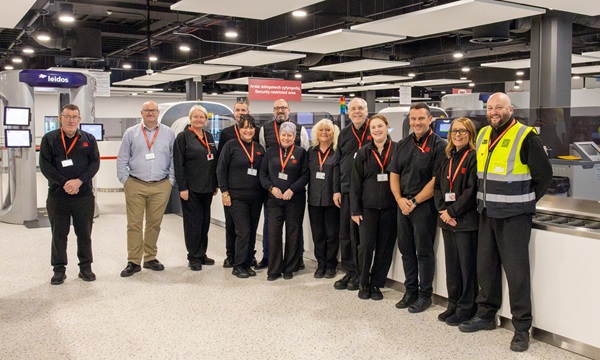Employers focusing more on job quality and flexible working as they grapple with pay increases, ongoing vacancies, and cost-of-living support for staff
Expected pay awards are set to hit new highs in the coming year, according to the CIPD’s latest Labour Market Outlook report, which surveyed over 2,000 senior HR professionals and decision-makers in the UK.
The expected median basic pay increase has risen to 4% overall and as much as 5% in the private sector. These are the largest pay increases recorded by the CIPD since it started tracking in 2012. However, with inflation already hitting 10.1%, it will feel like a pay cut to most workers. In response, the CIPD is calling on employers to look at other means beyond pay to support employee financial wellbeing and improve job quality in the current cost-of-living crisis.
UK jobs boom still hasn’t peaked
The quarterly report, from the professional body for HR and people development, found that the UK jobs boom has yet to reach its peak. Employers’ intentions to hire in the next quarter remain high, and in line with levels seen at the start of the pandemic, with seven in ten (69%) employers expecting to recruit in the next three months. Demand for staff is particularly strong in public administration, healthcare, and information and communication. Just 16% are planning redundancies, a slight increase from last quarter (13%) though this remains largely in line with redundancy intentions over the past year.
Hard-to-fill vacancies remain challenging
Despite this demand, almost half (46%) of employers are struggling with hard-to-fill vacancies, and of those, more than half (53%) said they expect the number of hard-to-fill vacancies to keep increasing over the next six months. The top response from employers to this challenge has been to upskill existing staff (47%), followed by raising wages (44%) and increasing the duties of existing staff (33%). However, the number of employers who plan to raise wages in response to hard-to-fill vacancies has fallen significantly in the past quarter. Just one in four (24%) plan to raise wages in the future, compared to 44% who said they had raised wages in the past six months to address the problem.
The data suggests that rising costs are starting to feed through to how employers tackle long-standing vacancies. Measures such as improving job quality and hiring more apprentices and graduates are becoming increasingly popular, according to the CIPD’s data.
Most employers are responding to the cost-of-living crisis
Employers may be running out of steam on their ability to increase pay to attract new hires, but more than a third (36%) said they have increased wages in the past 12 months to alleviate the cost-of-living crisis. More than a quarter (29%) have introduced more flexible working to help staff and almost one in five employers plan to give either all (12%) or some (10%) staff a lump sum in response to the cost of living. However, with rising costs affecting businesses too, employers were equally split over their ability to support their employees’ financial wellbeing over the next 12 months: 27% are confident, and the same proportion are not confident. However, private sector employers felt significantly more confident they could help (32%), compared to public sector organisations (12%).
Jon Boys, labour market economist for the CIPD, said:
“The cost-of-living crisis is one of the biggest challenges facing employers today. Organisations are looking at how they can support their people while also battling rising operational costs and a tight labour market. Pay awards are expected to rise by the highest amount we’ve seen in our survey for ten years but it’s being outpaced by rising prices. Rather than feeling the benefit of higher pay, most will face a real-terms pay cut.
“Securing talent remains a pressing concern for organisations but it’s positive to see that many employers are looking at non-financial measures such as flexible working and job quality to attract, retain and support employees.”





















